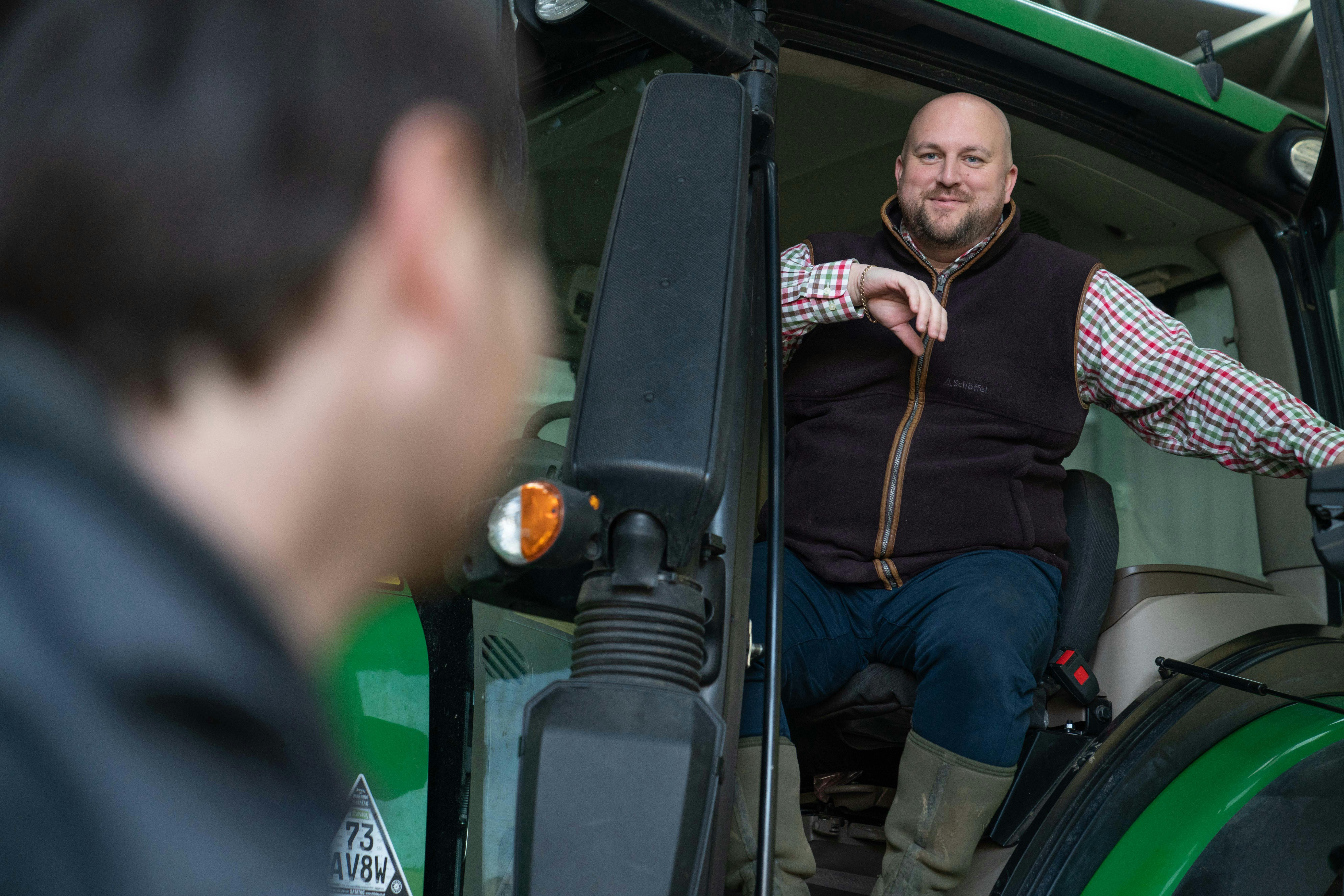With media reports about a south Norfolk farmer being ‘paid not to keep pigs’ in order to solve the ongoing Nutrient Neutrality issue highlighting the increasing pressure on land use, Mat Waters, of Lovewell Blake’s specialist agricultural team, is calling for food security to be higher up the agenda when policy is formatted.
“Government policies need to consider the importance of maintaining food production alongside environmental factors and the use of ‘public money for public goods’,” said Mr Waters. “There is a real danger that the reduction in hectares of productive farmland turned over to other uses will compromise our ability to feed a growing population.”
The Campaign for the Protection of Rural England (CPRE) claimed earlier this year that nearly 300,000 homes have been built on 14,500ha of productive land since 2010, with a further 1,400ha lost to renewable energy projects – despite, they claim, there being sufficient brownfield land available to accommodate this development.
“We are increasingly seeing farmland being taken out of production for other uses, not just for development, but through environmental land management schemes and to enable things like solving Nutrient Neutrality,” said Mr Waters.
“There are now many conflicting calls on our rural land, and it is becoming increasingly difficult to resist the call to use productive farmland for other purposes. But at the same time we are starting to see real pressures on food production levels due to climate change.”
The 2021 UK Food Security Report stated that the biggest medium- to long-term risk to food production would come from climate change and other environmental factors, such as soil degradation, water quality and biodiversity.
“Warmer and wetter weather makes conditions favourable not only for existing pests but also potential invasive non-native species,” said Mr Waters. “Meanwhile, record temperatures and a reduction in shade and wind adds stress to livestock, with prolonged heat stress leading to reduced fertility and yields.”









